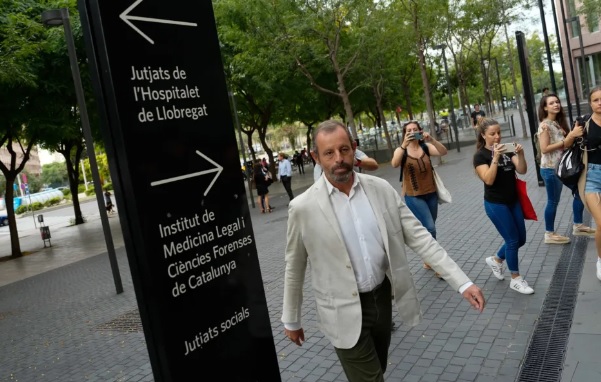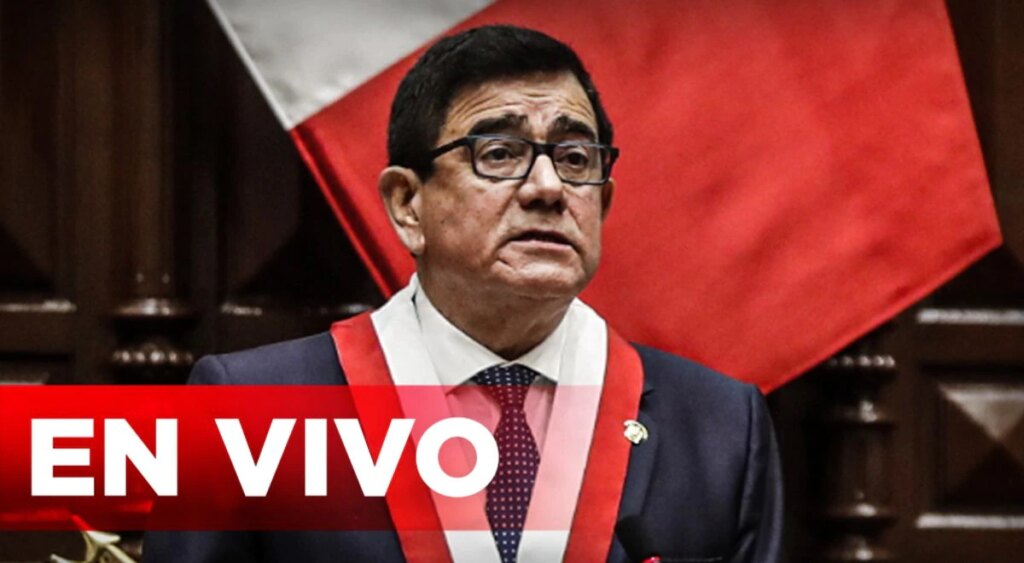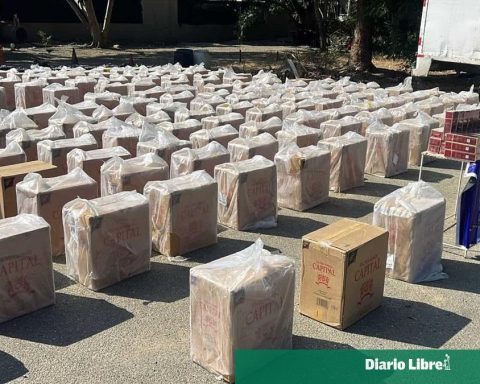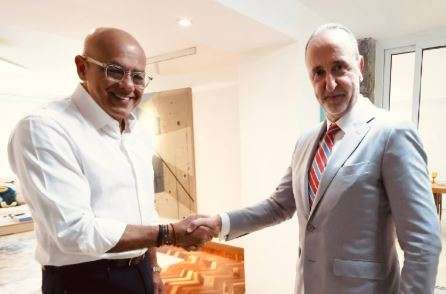The judge has acquitted the former president of FC Barcelona Sandro Rosell of the crime of tax fraud for which he faced almost three years in prison, considering it legal for him to use a company managed by himself to charge for the professional services he provided as an advisor.
The Prosecutor’s Office asked for two years and nine months in prison for Rosell -and two years and two months for the State Attorney’s Office-, whom he accused of defrauding the Treasury of almost 231,000 euros in the 2012 financial year, billing his professional services through a company that lacked structure and real activity, so as not to declare them in personal income tax and thus pay less taxes.
The former president of Barça, who in June 2019 returned to the Treasury the fee that was claimed plus interest, was already acquitted three years ago by the National Court after being accused of laundering illegal commissions from the former president of the Brazilian Football Confederation, Ricardo Teixeira, a case for which he remained in preventive detention for 22 months.
Next month, Rosell – defended by the lawyer Pau Molins – will sit on the bench again for a crime of corruption between individuals in the signing of soccer player Neymar.
In fact, despite the fact that the defendant availed himself of his right not to testify at trial, through his defense he denounced being a victim of “indiscriminate persecution” by the justice system and the Tax Agency since 2010, due to his responsibilities at Barça and his “supposed connections” with the independence movement.
In her sentence, which can be appealed, the head of the criminal court number 3 of Barcelona regrets the “negative consequences” that the process in the National Court entailed for Rosell, but emphasizes that “this does not give her a halo of impunity in relation to other different facts” nor can it be deduced that he has been the victim of an “irregular action” by the Tax Agency.
The magistrate, however, disagrees with the Tax Agency’s thesis that the company TOC SLU, through which Rosell invoiced his professional services, constituted a “mere appearance at the service of criminal fraud”, as maintained by the Prosecutor’s Office and the State Attorney.
According to the judge, TOC SLU “provided real services, proceeded to invoicing them, received the payments corresponding to the services provided, entered them in its accounting and assumed them as its own, and even for tax purposes, by integrating them into its tax base of the Corporation tax”.
The ruling recalls that “the provision of professional services through commercial companies is possible” and that “carrying out a business or professional activity as a natural or legal person is a legitimate option protected by the legal system and an expression of the freedom of enterprise enshrined in article 38 of the Constitution”.
Despite considering it proven that the company used by Rosell was an “elementary structure” that had no more than five employees -four of them dedicated to maintenance and cleaning tasks at his home and his second home-, the judge concluded that TOC SLU constituted a “validly constituted legal entity”, with sufficient personal means to carry out its activity.
In addition, the judge argues that the Tax Agency itself and the courts maintain “differing positions” on the simulation in the use of sole proprietorships, which in her opinion has its origin in the “resolutive swing” derived from the 2002 reform on taxation of professional societies.
“Therefore, the uncertainty that the situation could cause in the taxpayer, whose inspected activity corresponds to the year 2012, and therefore at a time when the situation was one of interpretive instability, cannot be ignored,” the magistrate abounds.
The sentence recognizes, yes, that the former president of Barça improperly deducted from his personal income tax return two invoices of 48,000 euros in total for international tax advisory services and several credit card payments that totaled 1,479 euros.
It also considers proven that he falsely declared a loss of 21,016 euros for a sale of real estate located in Rio de Janeiro.
However, the fee defrauded for both concepts does not exceed the threshold of 120,000 euros from which tax fraud is considered a crime against the Treasury.

















